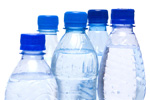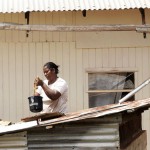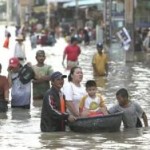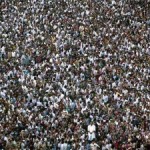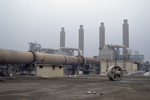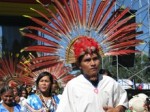Zimbabwe: 40 Water Bottling Companies Banned
By Peter Matambanadzo, The Herald via All Africa. Out of 49 potential bottlers that submitted their water for testing and possible certification, only nine were advised that their water was suitable for bottling.
Continue reading →
